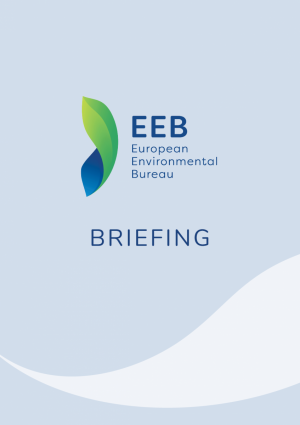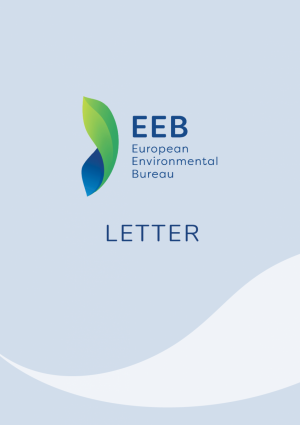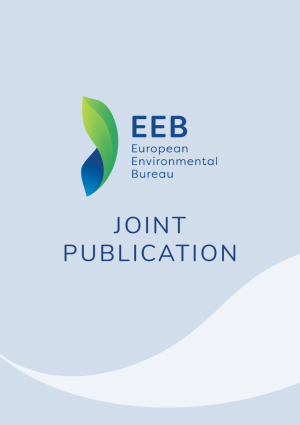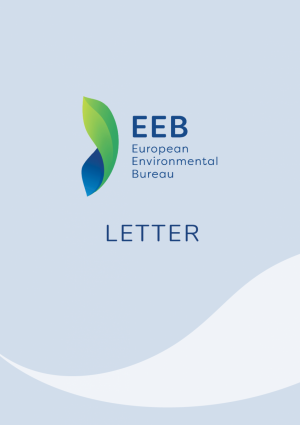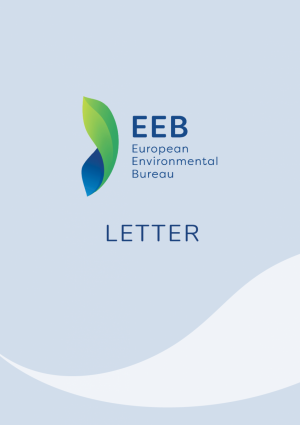
Energy security, sustainability and sufficiency in Europe and beyond – Policy Brief
The global climate emergency — and now, the war in Ukraine — calls for the acceleration of the transition to a climate-neutral Europe.
In late 2021, the EU started a process to review its strategy on international energy engagement, which was reviewed in 2011 and most recently in May 2022. The aim of the new strategy is to give people, inside and outside the EU, access to sustainable, affordable and secure energy supplies under changing circumstances. A parallel aim was established: to encourage decarbonisation on a global scale. This scale is necessary, as recent research argues that it is more effective to shift the focus from energy changes in households to the international industrial production system.
Along with the EU’s strategy, other energy-related policy files aim to drive higher climate ambition both nationally and internationally. These include for example the Fit for 55 package with the Carbon Border Adjustment Mechanism (CBAM), the EU Emission Trading Systems (EU ETS), and the REPowerEU plan.
Energy equals power — especially in a world of increasing energy demand and decreasing energy return on investment. The global geopolitical power balance is changing fast, and evidence-based alternatives are needed. LOCOMOTION, a Horizon 2020 project, matures at this very appropriate time. Scientists are working on a new Integrated Assessment Model (IAM) to assess the environmental and socio-economic impact of different pathways for a low-carbon future, such as the European Green Deal.
This policy brief presents five conclusions based on new peer-reviewed papers and provides key recommendations for EU policymakers. In short, the EU needs to show leadership and ensure that support can be provided to those who are most affected by the changes in the global energy system. It needs to strive for a wellbeing economy where people and nature can thrive together within the planetary boundaries. Though the room for erring on how the wellbeing economy will be powered is shrinking, the current situation is a fitting moment for an ambitious leap forward towards long-term solutions.

